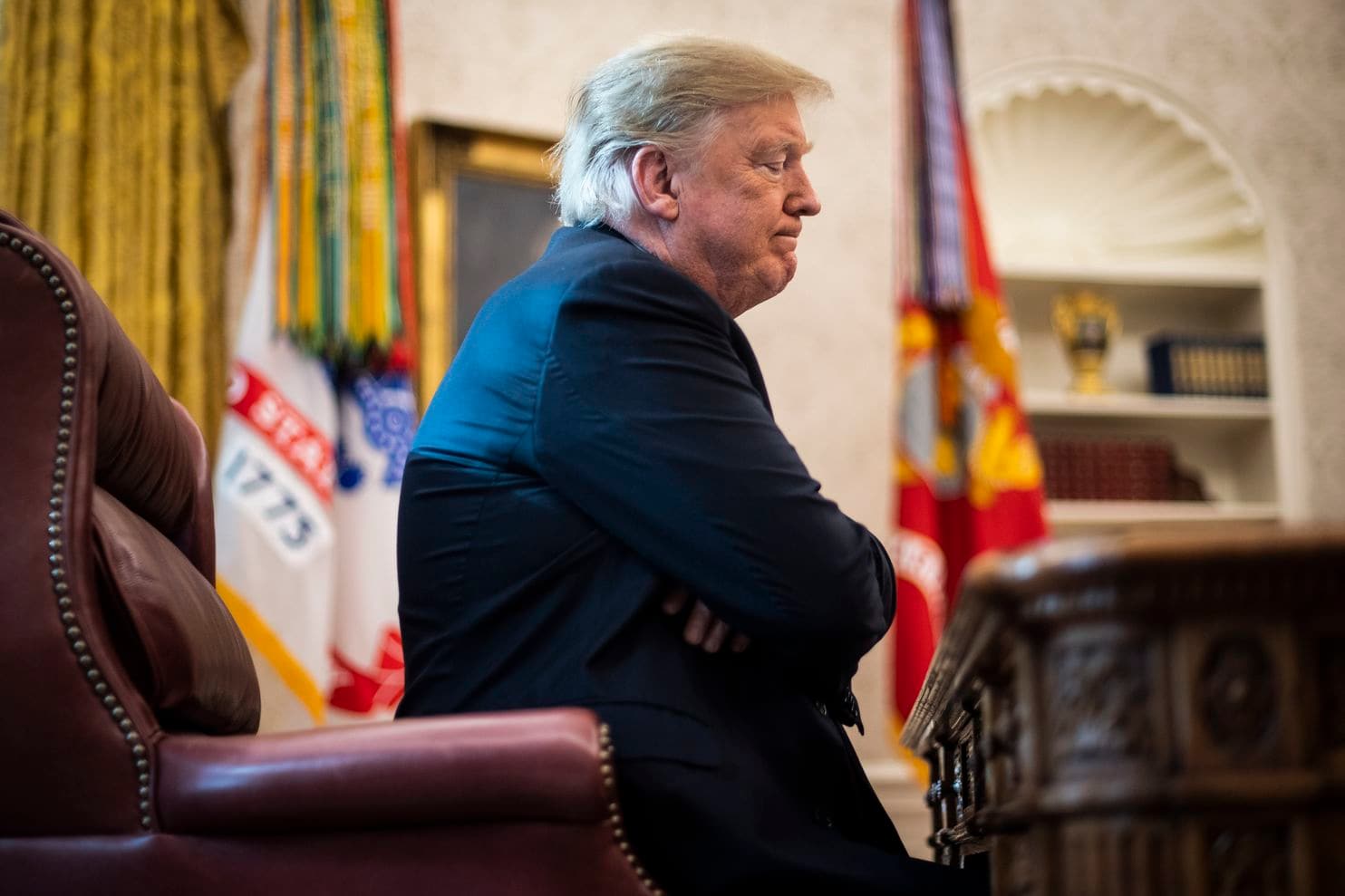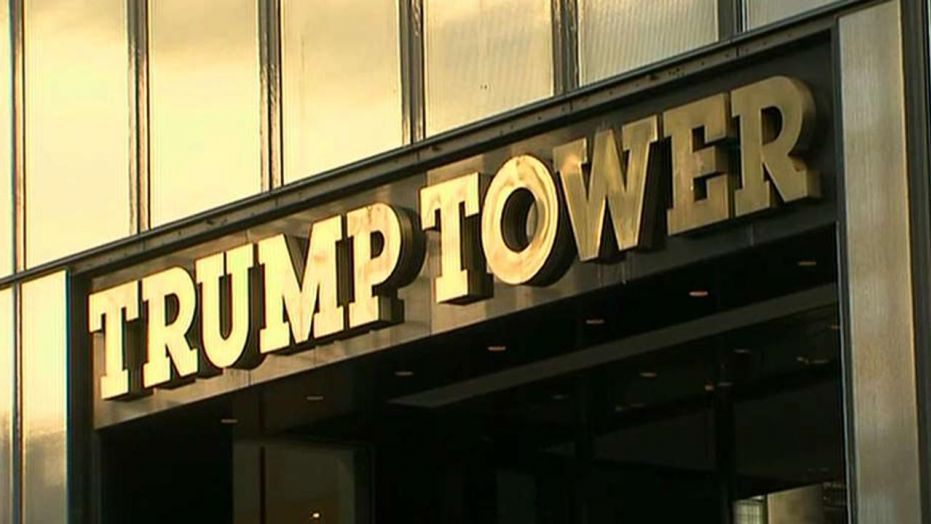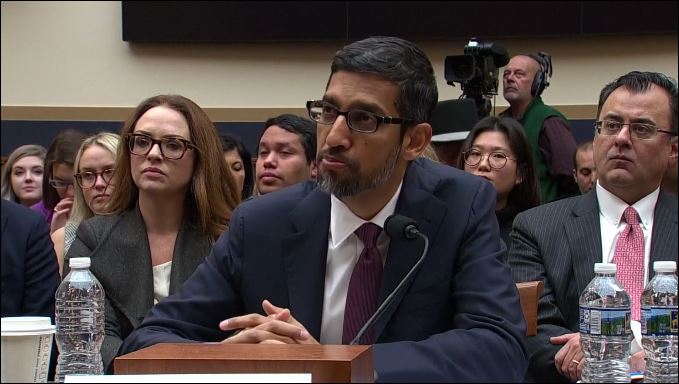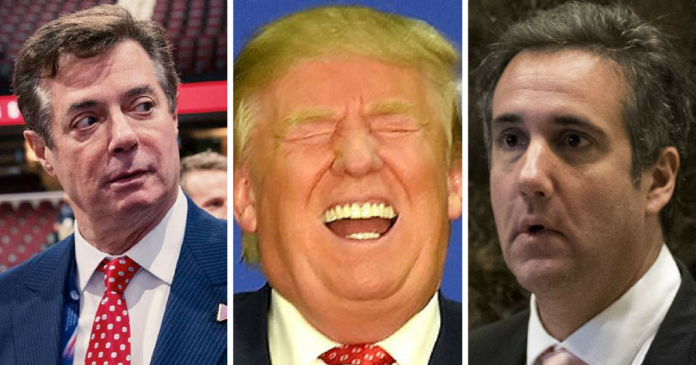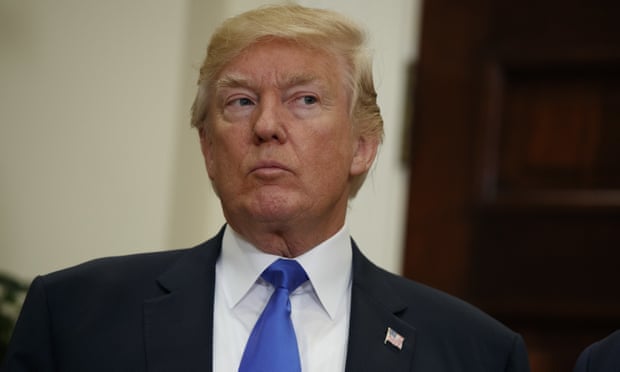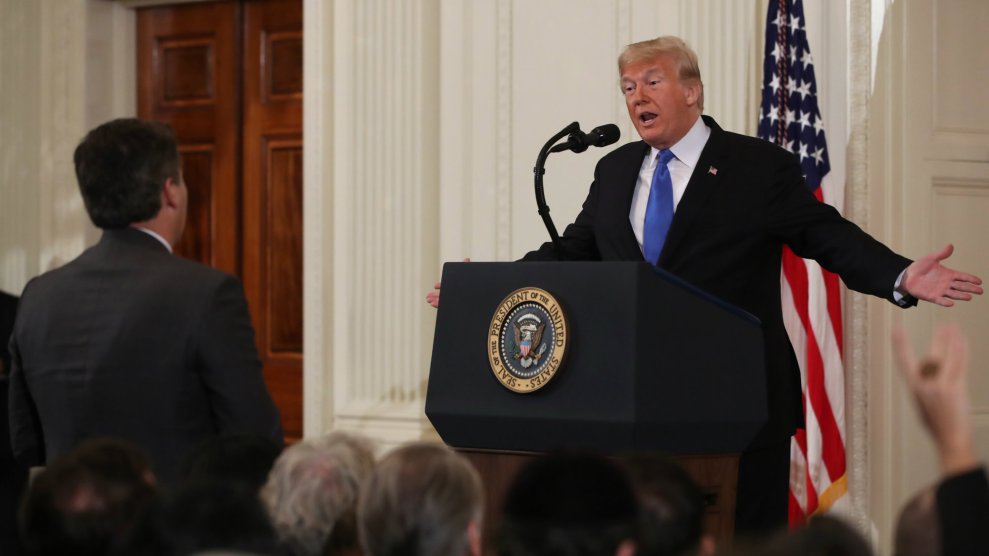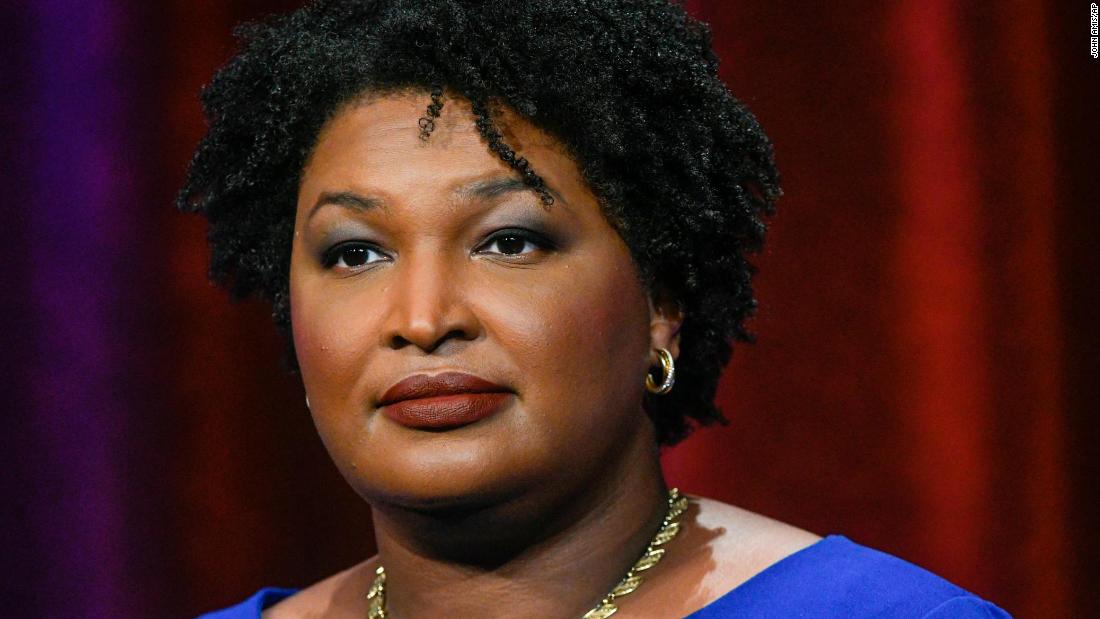On Friday, the rating agency, S&P downgraded the United States credit from AAA to AA+. A move the agency claims was necessary because of the constant political battles fought in Washington by the two political parties. Then today, S&P added even more to their downgrade list. CBS reports;
Standard & Poor’s Ratings Services on Monday downgraded the credit ratings of mortgage lenders Fannie Mae and Freddie Mac and other agencies linked to long-term U.S. debt.
The agency also lowered the ratings for: farm lenders; long-term U.S. government-backed debt issued by 32 banks and credit unions; and three major clearinghouses, which are used to execute trades of stocks, bonds and options.
All the downgrades were from AAA to AA+. S&P says the agencies and banks all have debt that is exposed to economic volatility and a further downgrade of long-term U.S. debt. Their creditworthiness hinges on the U.S. government’s ability to pay its own creditors.
Ten of the country’s 12 Federal Home Loan Banks also were downgraded from AAA to AA+. The banks of Chicago and Seattle had already been downgraded earlier to AA+.
After receiving the first downgrade in the history of the nation, the politicians joined together and attacked S&P for its decision. On the Sunday talk shows, the suggestion was made that S&P should not be trusted, because of their long history of misleading information. Politicians also criticized S&P for what they called, a “$2 trillion mistake,” in the agency’s math when they decided to downgrade America’s credit to AA+ status.
But regardless of what the talking points are in Washington, and the criticism of S&P, one thing the agency said is correct, and reflects the unfortunate nature in Washington. S&P called out the parties involved and criticized their failure to compromise, as the main force responsible for their downgrade decision.


